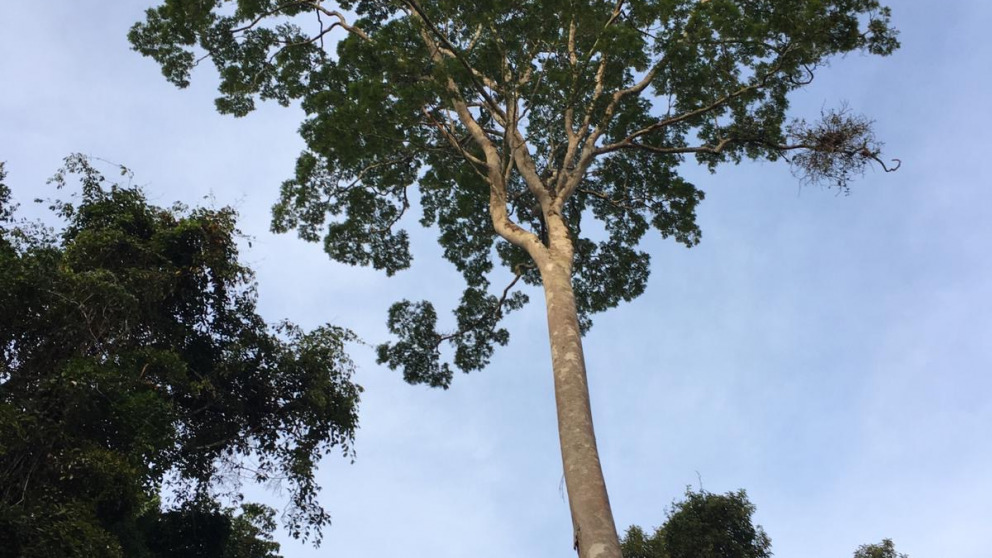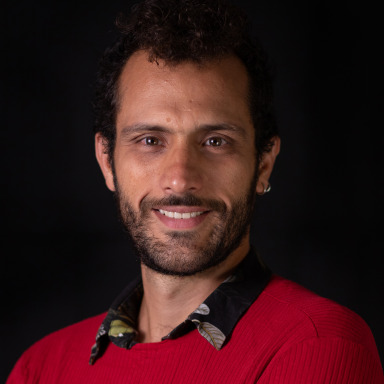Brazil: Can Covid-19 Open the Door for New Pandemics?
04.06.2020
Brazil is one of the hotspots of the corona pandemic, and the Brazilian Amazon is particularly hard hit. In a new Discussion Paper, IASS Fellow Artur Sgambatti Monteiro and Lucas Lima dos Santos describe the impacts of the pandemic on the region. The virus has overwhelmed the poor healthcare system in Amazonian cities and towns. Indigenous groups are especially vulnerable because the pandemic has opened the floodgates for the illegal deforestation and invasion of their territories. The authors warn that the encroachment on previously untouched parts of the forest could give rise to new transmissible zoonoses.

On 18 May 2020, Brazil had 241,080 confirmed cases of Covid-19 and a total of 16,118 deaths, but the real figures are likely to be much higher. On the same day, the number of tests per million inhabitants was 3,462, a much lower rate than in countries like the US (35,903, total 11.8 mllion), Germany (37,584, total 3.1 million) and Spain (64,977, total 3 million). Indeed, the rate of testing in Brazil is on a par with that of countries like Pakistan, India and Mexico.
Lack of testing results in an underestimation of the real impact of Covid-19 on Brazil and makes it difficult to take appropriate action to combat the virus, write Artur Sgambatti Monteiro and Lucas Lima dos Santos in their recently published Discussion Paper.
Three quarters of the twenty Brazilian cities with the highest Covid-19 mortality rate (per 100,000 inhabitants) are located in the Brazilian Amazon. “The numbers leave us in no doubt that the situation in the Amazon is a matter of great concern,” says IASS Fellow Artur Sgambatti Monteiro, who has previously worked at the Fundação Vitória Amazônica in Manaus, the capital city of the Brazilian state of Amazonas.
This state of affairs can be attributed to the poor conditions in Amazon settlements, most of which are only accessible by boat, in particular their weak healthcare infrastructure.
Although it has a similar population to the wealthier, south-eastern state of Espírito Santo (around 4 million inhabitants), the state of Amazonas has less than half the number of intensive care beds per 100,000 inhabitants (1.24, compared to 2.72). “This demonstrates the huge social divide within Brazilian society and the lack of readiness and coordination to cope with the pandemic,” explains Monteiro. “And things are actually far worse than suggested by the official death and infection rates.”
Rampant deforestation with impunity
The Covid-19-related isolation measures have made it more difficult for public environmental agencies to control deforestation and protect preserved areas. In the absence of stringent controls, organised groups have seized the opportunity to illegally clear parts of the rainforest. According to the Instituto Nacional de Pesquisas Espaciais (INPA), the research institute responsible for measuring the monthly deforestation rate in Brazil, deforestation in the first months of this year was consistently higher than in the same period last year. “This is very worrying given that 2019 was the worst year of the last decade,” says Monteiro, “Over 10,000 km2 of rainforest has already been cleared this year in the southern and eastern Brazilian Amazon.”
A new zoonotic outbreak from the Amazon?
Both authors come to the conclusion that the unhindered deforestation of the Amazon Rainforest and the invasion of indigenous territories could give rise to new epidemics. According to Professor Philip Fearnside from the INPA, many pathogens have crossed over from wild animals to humans (e.g. HIV and Covid-19), and the Amazon, with its vast biodiversity, could be a source of new pandemic outbreaks. The deforestation rate we are currently witnessing in the Amazon could bring human populations closer to wildlife and increase consumption of hunted animals. This scenario makes the conservation of the Amazon Rainforest more urgent than ever.
Publication:
Artur Sgambatti Monteiro and Lucas Lima dos Santos: COVID-19 and the Increasing Fragility of the Brazlian Amazon, 05/2020. DOI: 10.2312/iass.2020.020

